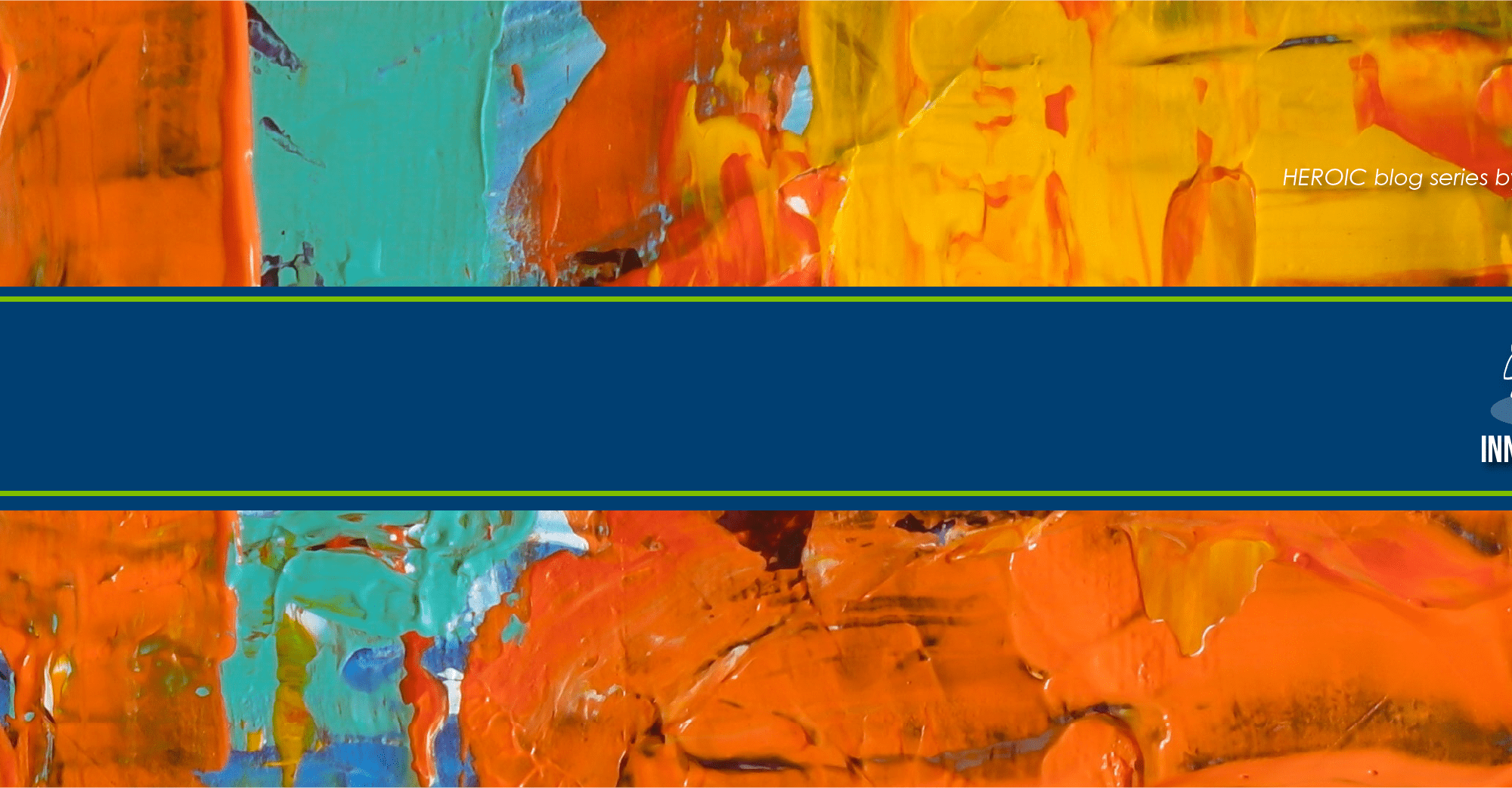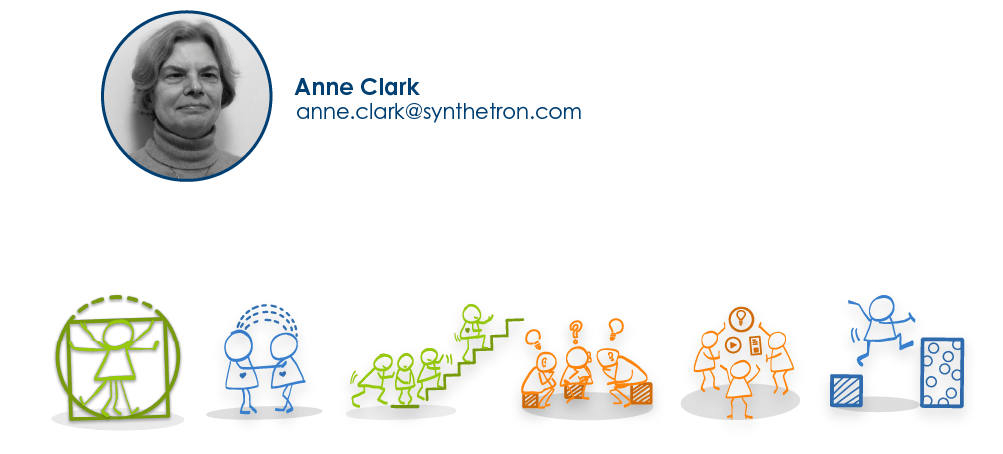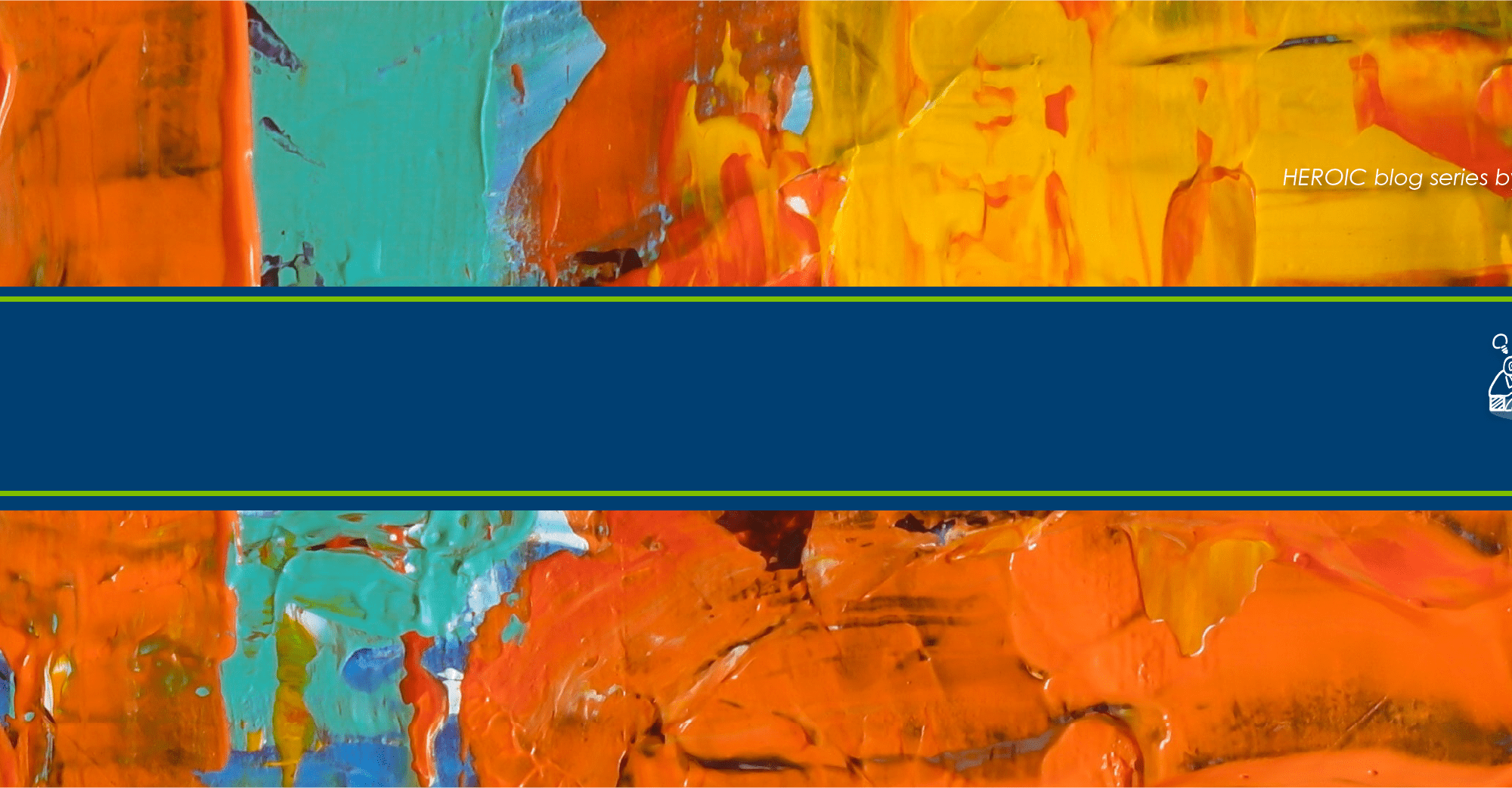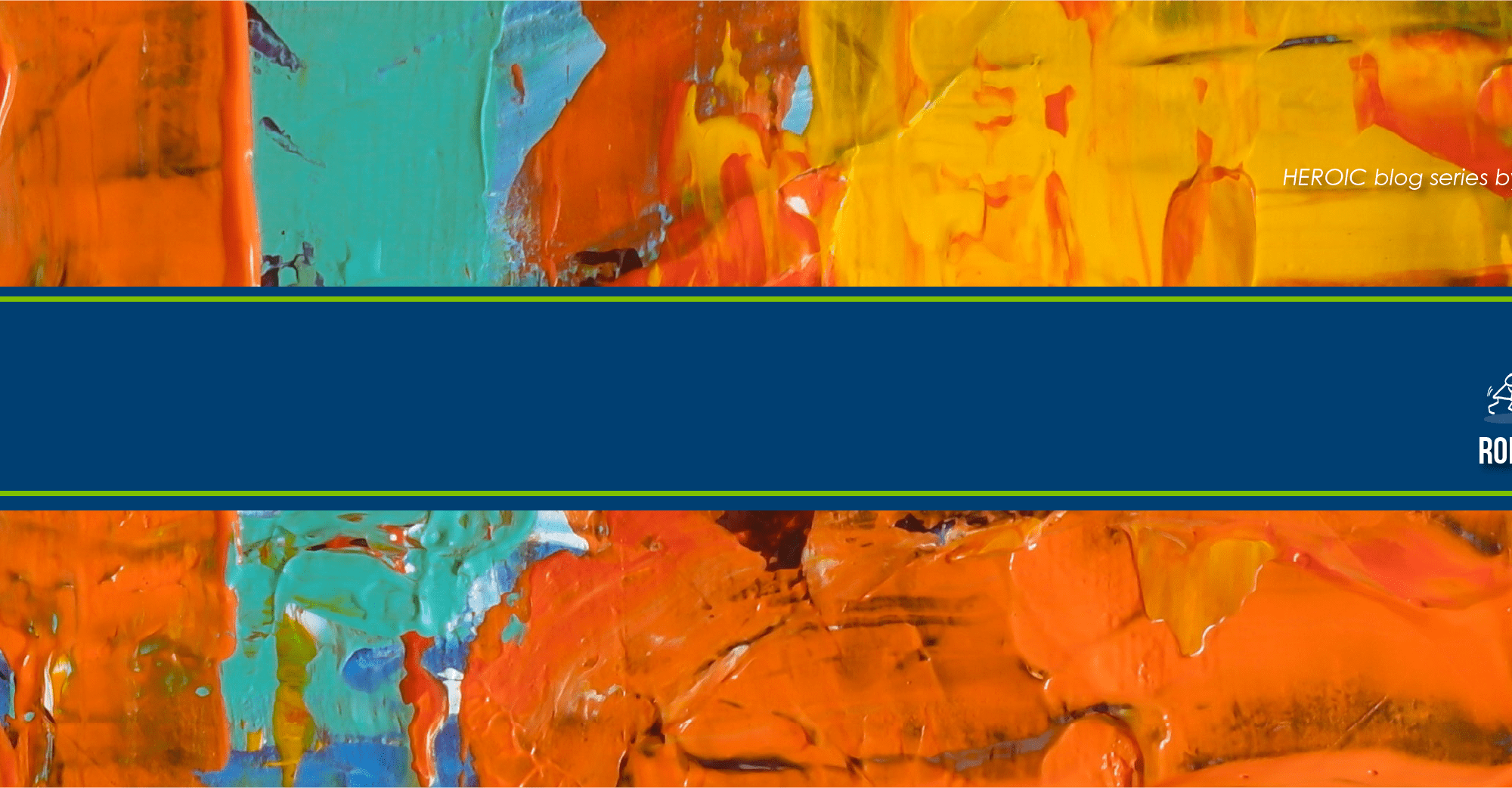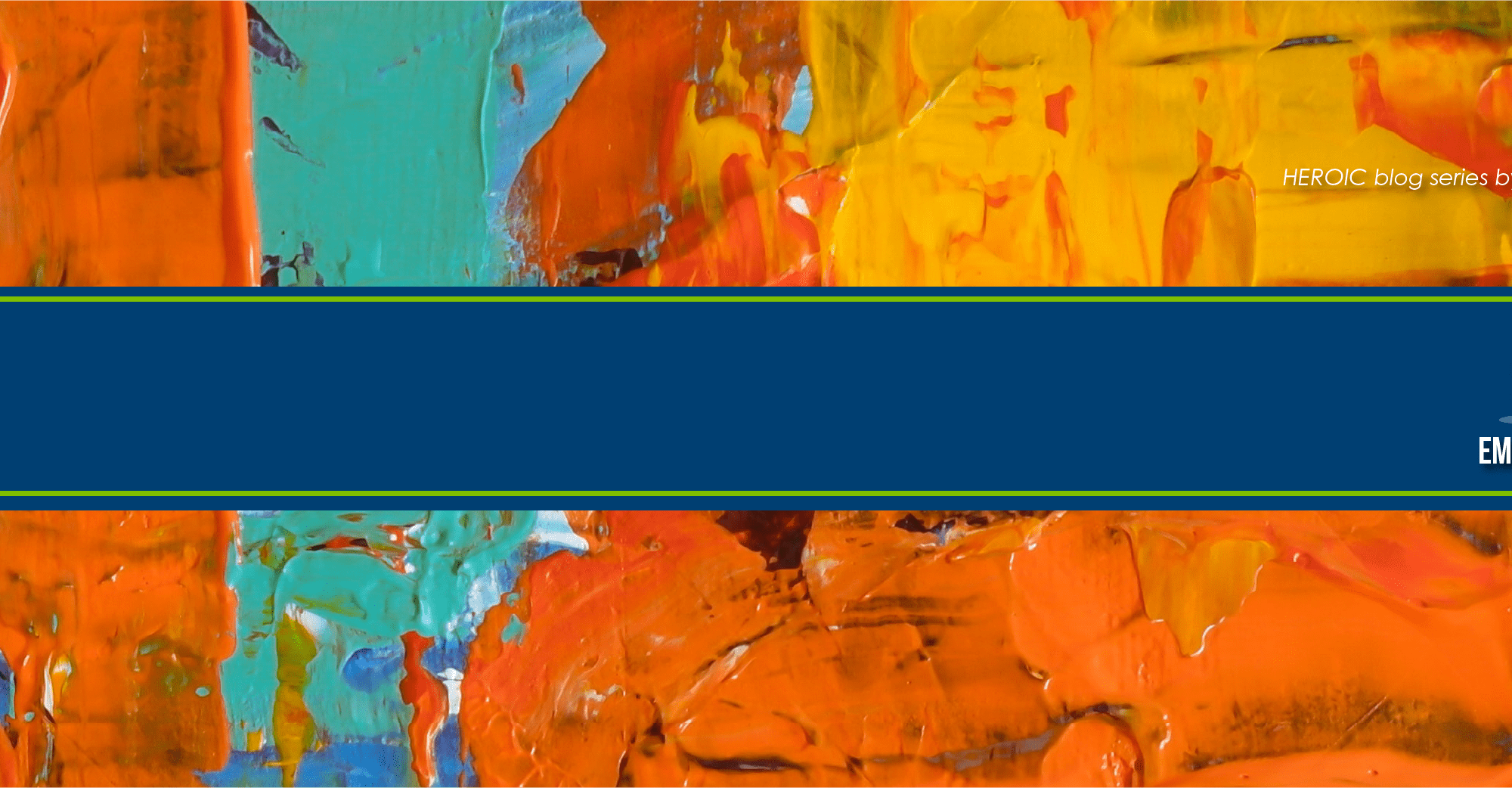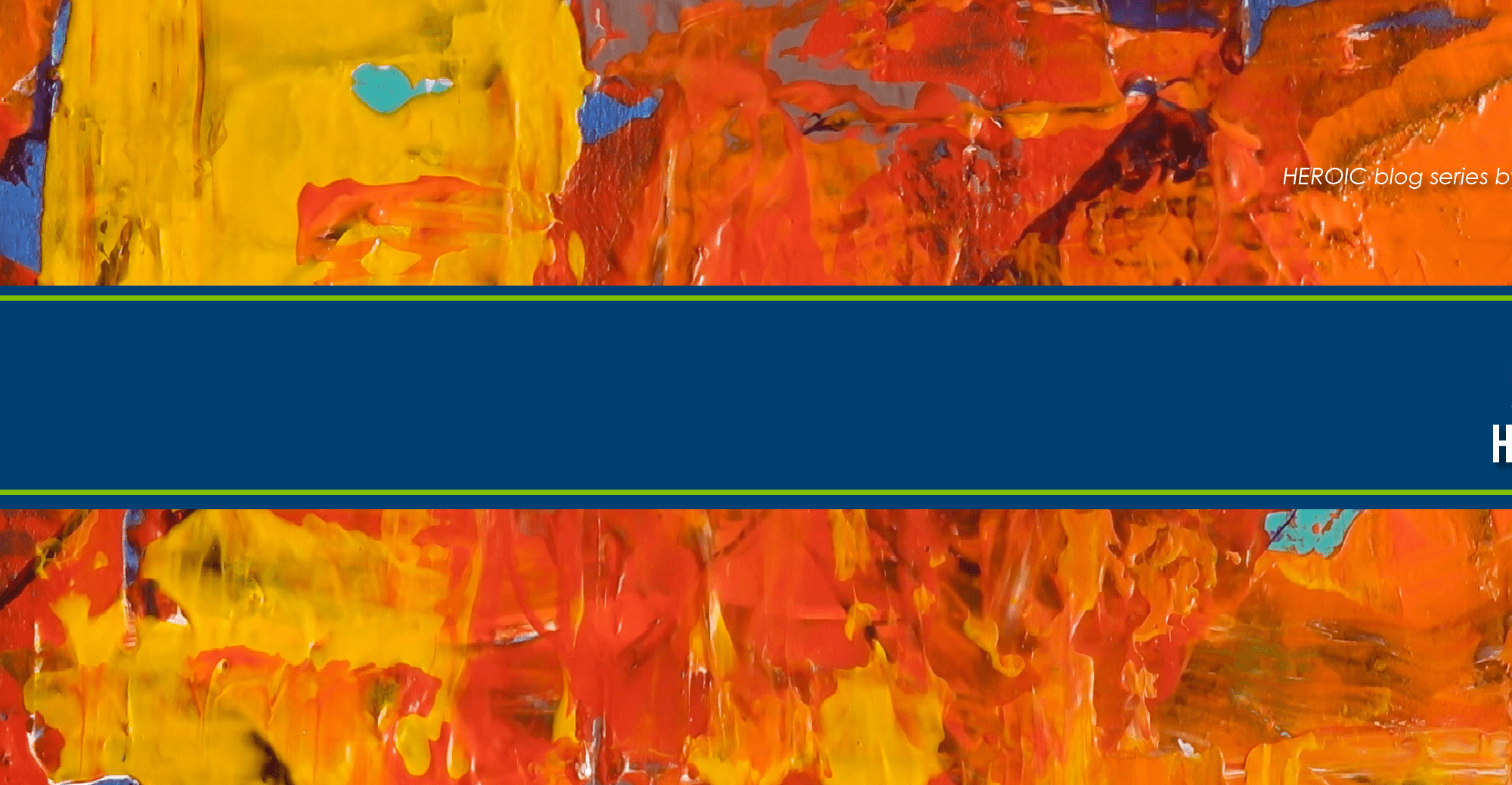Becoming an Innovative Organization
INNOVATIVE ORGANIZATIONS are agile and adaptive. They understand that technology enables proximity even at physical distance. Human interconnectedness can accelerate change and promote innovation.
The Covid crisis in the spring forced many of us to scramble to reinvent the way we do business. In June, together with Sekaten, we talked to 160 business people from around the world to better understand what they had learned from the crisis, how confident they were that they could continue to learn and adapt and what insights they had gathered about the changes needed in the way we do business.
Six systemic themes emerged from this dialogue, which we organized under the acronym ‘HEROIC’ or ‘Human, Empathetic, Role Model, Open, Innovation and Courage’. Today, I am going to discuss the fifth – being innovative.
The Covid crisis has forced us to master new skills at a faster pace than ever before. As the May 2020 Barrett Values Centre survey showed, transformation that normally would have taken 5-7 years seemed to happen in just 6 weeks. An MITSloan Management Review article also discussed this ‘ultrafast’ innovation. To deal with the pandemic companies need to repurpose technologies and experiment with new technologies. This, in turn requires a higher level of collaboration than ever before (von Krogh, G., Kucukkeles, B. and Ben-Menahem, S.M., 2020)*
Our 160 participants also talked about the impact of Covid-19 on innovation. The main themes that emerged were the following:
- Accelerate Change Innovative, agile organizations know that when people work together change can take place quickly. (And there is no better evidence than what happened during the Great Pause this spring.) They foster the emergence of a self-organized community that allows them to speed up and adapt faster. They embrace the idea that “change is constant” and can be fun.

- Foster Connectivity Innovative, adaptive organizations develop new ways of collaboration based on human and digital interconnectedness. Thanks to the Great Pause in the spring, virtual relationships are appreciated more than ever, and it seems that geographical borders have faded or become less important.

- Applaud Resilience and the Creativity it Engenders Drowned in the ambiguity and complexity of the Great Pause, organizations found themselves confronted with a blank page on which they needed to draw new ways forward. This unleashed limitless creativity and allowed them to adapt and transform. This resilience should be maintained.

Innovation is not new. But in the new Covid-19 world, it seems to have become more the norm than the exception. Our participants saw this surge in innovation as a positive and something that should be built upon moving forward.
In my next blog, I will discuss the sixth and final theme of HEROIC organizations – being Courageous.
If you would like to learn more about HEROIC organizations and our study, please click on this link to download a copy of the report: The HEROIC REPORT
* von Krogh, G., Kucukkeles, B. & Ben-Menahem, S.M. (June 2020). Lessons in Rapid Innovation from the Covid-19 Pandemic. MITSloan Management Review, Summer Issue. https://sloanreview.mit.edu/article/lessons-in-rapid-innovation-from-the-covid-19-pandemic/
A blog series by Anne Clark


